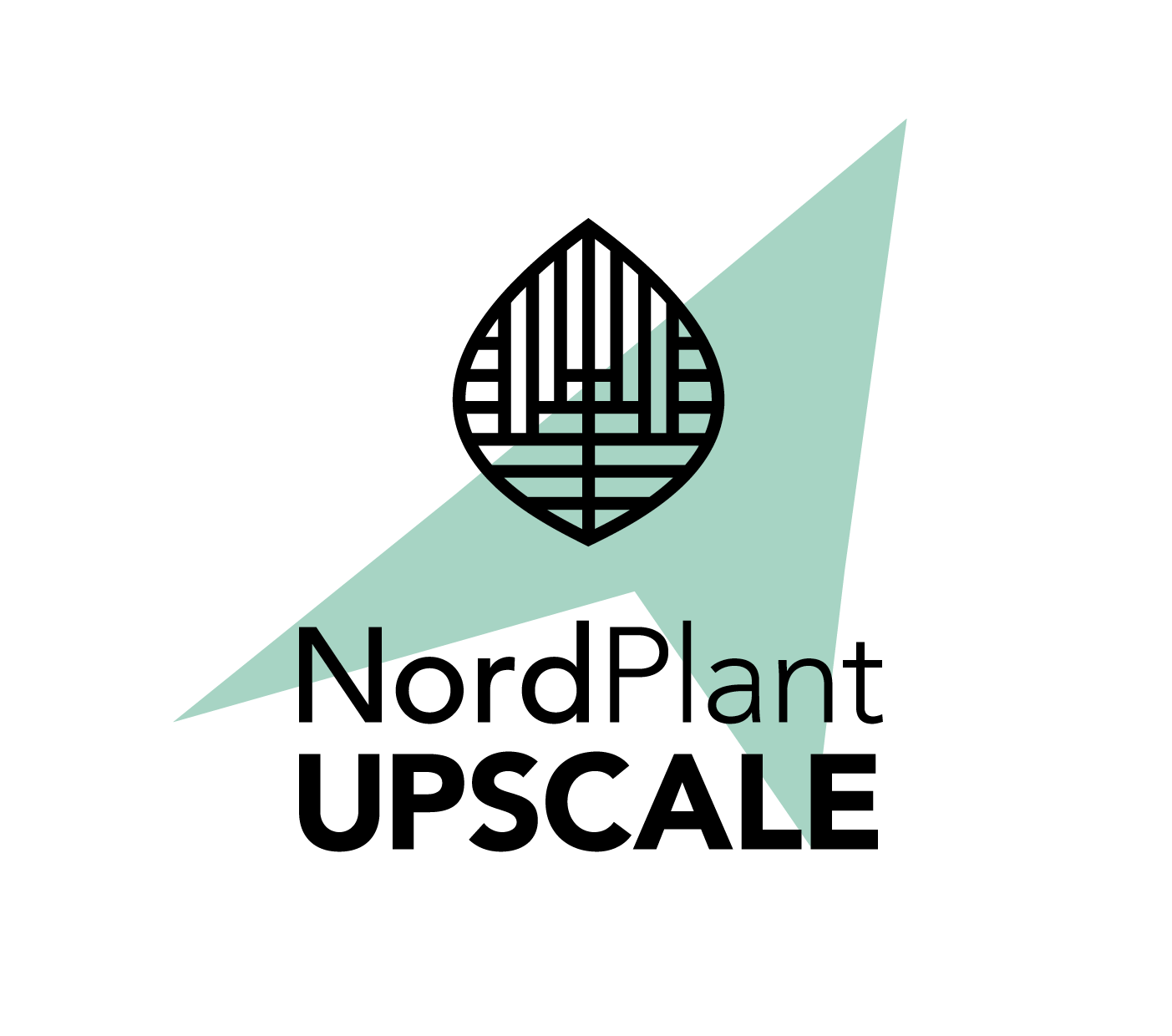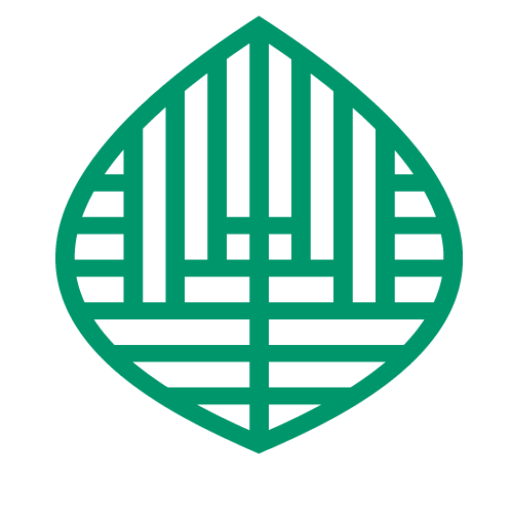The year 2022 was the second to last year for NordPlant, and we have now submitted our annual report to NordForsk. In this summary we highlight a number of achievements at part of our ongoing work.
Our work to establish a set of common data standards for the NordPlant facilities continued in 2022. The use of common standards for data handling, metadata generation and data storage are a necessary prerequisite for the FAIR data principles (that research data should be Findable, Accessible, Interoperable and Reusable). One major advancement in the common data standards project was when NordPlant signed a contract with INRAE for support on phenomics data base (PHIS). In 2022, phenotyping facility coordinators Dr Kristiina Himanen and Prof. Thomas Roitsch joined a network of European phenomics facilities at INRAE, UCPH, UH and WUR to obtain access to the EGI-ACE as a use case. During the summer and fall of 2022, our entire PHIS installation was moved to the European Grid Infrastructure. During the rest of 2022, we tested the installation and planned a phenomics data platforms intro and user training workshop, to be arranged in Helsinki in March 2023.
NordPlant also continued to arrange advanced courses. In late 2022, we gave the course “Common Data Standards and Integrative Analytic Methods for Plant Phenotyping“, a one-week course arranged as a part of the Nordic Forestry, Veterinary and Agricultural University Network (NOVA). The course introduced automated and image-based plant phenotyping technologies, as well as high throughput field phenotyping technologies. The students were generally very happy, giving the course an overall very high evaluation rating of 4.92 (on a 1 – 5 scale)! Including this course, NordPlant has now participated in the organization of six PhD/Masters level courses.
On 30 November 2022 NordPlant held its 4th annual meeting in Lund, Sweden, with the theme “Envirotyping for plant breeding and precision agriculture”. On 30 November 2022 NordPlant held its 4th annual meeting in Lund, Sweden, with the theme “Envirotyping for plant breeding and precision agriculture”. The meeting was connected to the centennial celebration of the term ecotype that the researcher Göte Turesson coined in 1922 in Lund. 110 persons had signed up for the meeting, 60 in Lund and the rest online. Before the lunch break, NordPlant presented its continuous work on handling and common standards for plant phenotyping data. After lunch, the meeting continued with a number of presentation. Among the speakers were Jose Luis Araus Ortega (University of Barcelona), Fred Stoddard (University of Helsinki), Therese Bengtsson (SLU) along with other invited speakers and scientists in the NordPlant network. During the day, NordPlant used a Mentimeter poll to ask the participants about their opinion about the future direction of plant phenotyping in the Nordic/Baltic region. Maintainning the NPPN and NordPlant networks were seen at the most important goal, but other goals were also identified as being important.
While 2023 will be the final year of NordPlant, we are happy to report that some of the research will be continued by another consortium. In December 2022 UPSCALE received 10 million NOK from NordForsk to link phenotypic biosignatures. UPSCALE is run by The Lithuanian Research Centre for Agriculture and Forestry, Lund University, SLU, University of Helsinki and UiT the Arctic University of Norway with the University of Copenhagen as associated partner. The project builds upon ideas from the NordPlant univerisity hub and NordPlant will carry future news about the UPSCALE project. UPSCALE will study how to implement automatized ways of monitoring the crop performance out in the field. This can be done by plant phenotyping measuring different agricultural traits such as yield. However, to be truly efficient it needs to be upscaled and cover large areas. This can only be done by remote sensing by satellites. However, we need need to know more about the links between the different spatial levels of crop monitoring from the single plants via the field to the level of satellites monitoring large agricultural areas.
The full NordPlant annual report for 2022 will be published after it has been approved by NordForsk.


